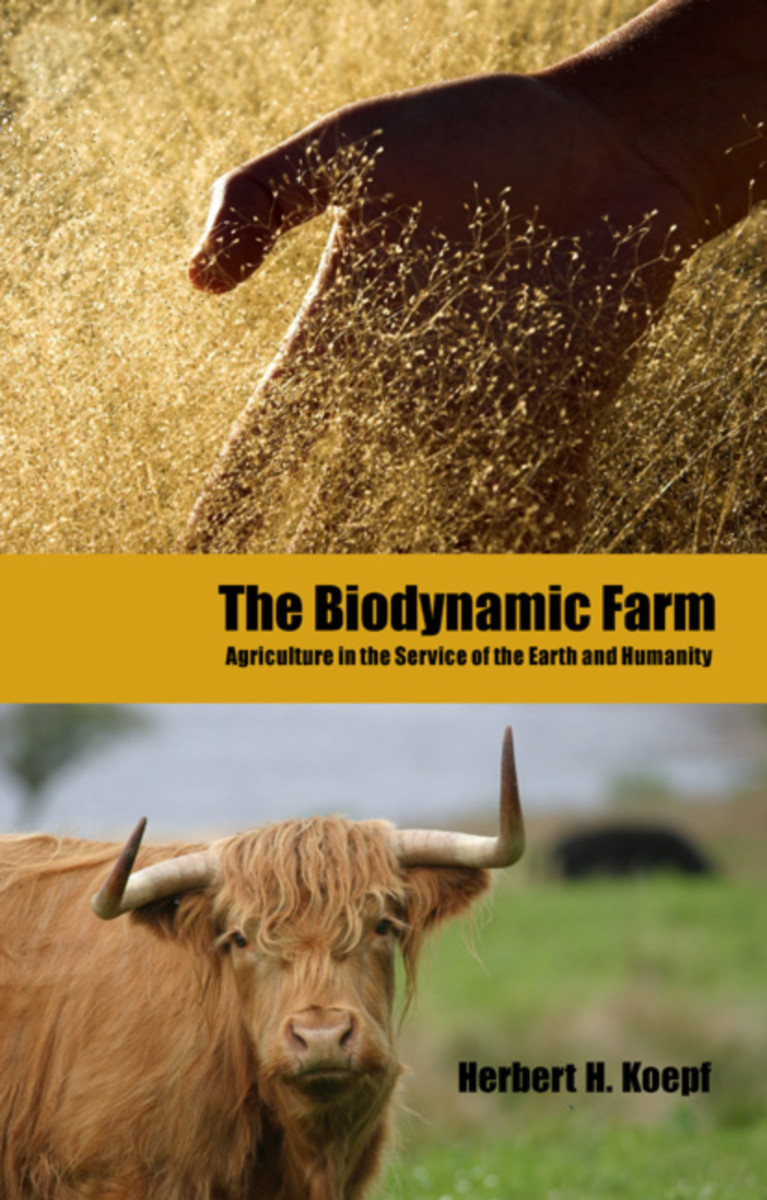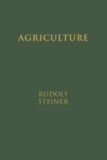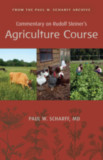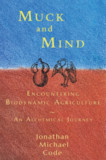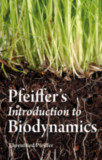The Biodynamic Farm
Agriculture in Service of the Earth and Humanity
- Publisher
SteinerBooks - Published
18th July 1994 - ISBN 9780880101721
- Language English
- Pages 260 pp.
Bankrupt farmers, erosion of topsoil, and poor food quality owing to pesticides, hormones, and other additives—these are the well-known realities of the modern crisis in farming. This problem is the outcome of the limited vision of conventional methods and a system that focuses exclusively on quick results and profits.
The need for change is clear, and Koepf provides a vast array of research data and results, as well as many helpful details on animal feeding, crop rotation, diseases, pests, and fertilizing. He shows that the biodynamic method of farming and gardening is the alternative that can turn farming around.
Biodynamics is “the oldest alternative agricultural movement in the world.” It is based on the concept of the whole farm as a single organism. Its goals are to protect and nurture the soil, improve the quality of food, and organically integrate the farm into the environment as a whole.
This is an essential reference for all farmers who are unsatisfied with conventional methods and for gardeners who wish to improve the quality of life around them as well as the food they serve their families.
C O N T E N T S:
Foreword by Stuart B. Hill, PhD
Preface
1. The Farmer and the Land
2. The Farm
3. The Fertile Land
4. Manures and Composts
5. Crop Production
6. Animal Feeding for Production and Health
7. Nutritional Quality and the Consumer
8. Biodynamic Farming and Society
References
Appendix 1. Addresses of Biodynamic Associations
Appendix 2. Schools and Training Programs
Appendix 3. Some Herbal Companion Crops for the Garden
Appendix 4. Veterinary Preparations
Appendix 5. Demeter Quality
Appendix 6. Recommendations for a Biodynamic Spray for Intensive Apple Orchards
Index
Herbert H. Koepf
Herbert Hans Koepf (1914–2007) was a hands-on farmer in Germany who went on to receive a PhD in agriculture, specializing in soil science. In 1962, following the death of Ehrenfried Pfeiffer, with whom Koepf had worked closely, he became director of Pfeiffer's biodynamic research laboratory in Spring Valley, New York. In 1970, Koepf moved to Emerson College in the UK, leading the biodynamic agriculture course each year until 1990. He was also head of the Agriculture Department at the Goetheanum in Switzerland.


